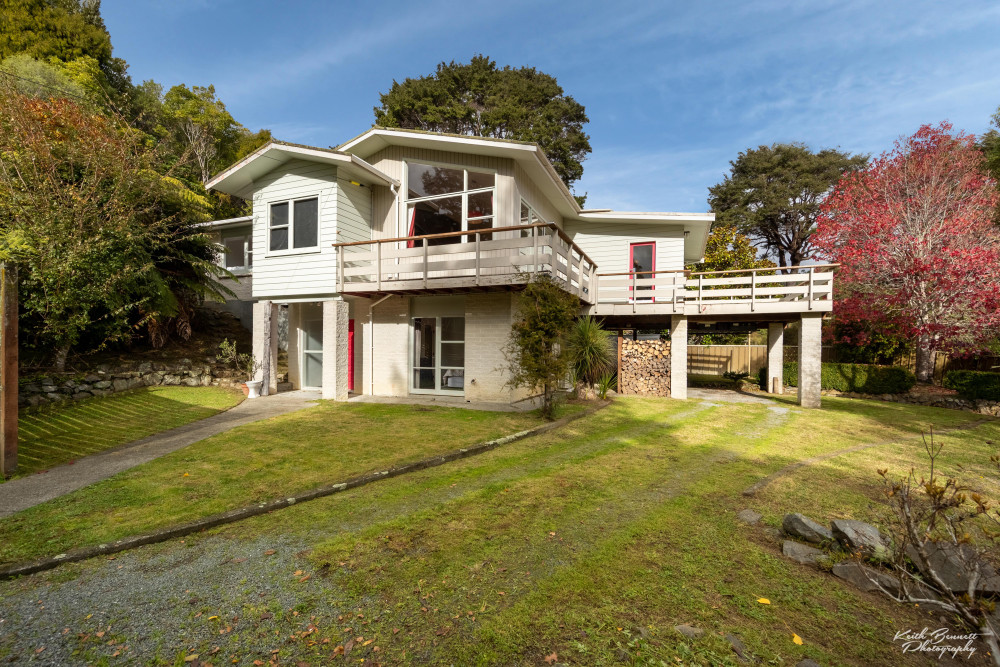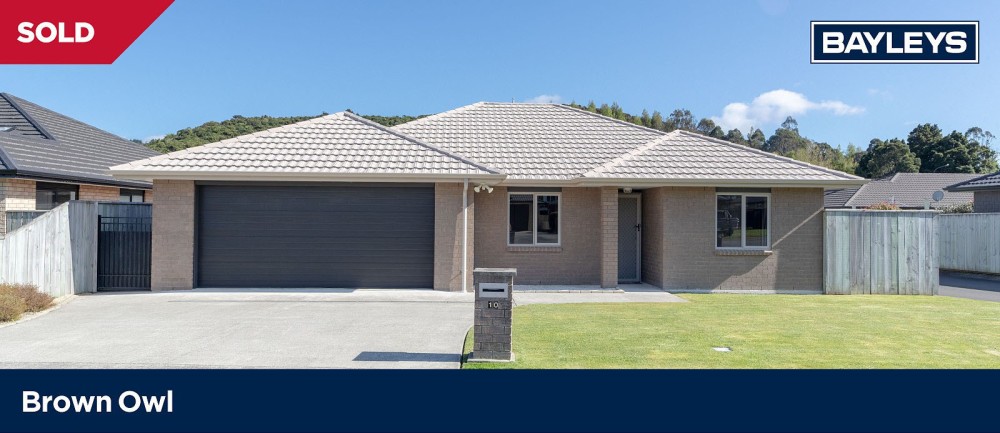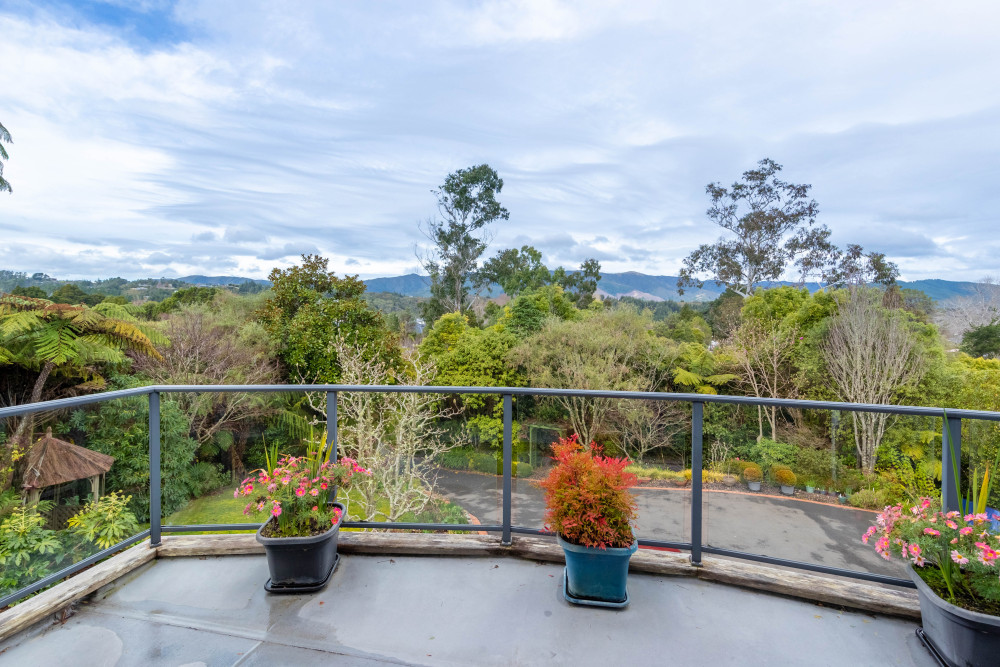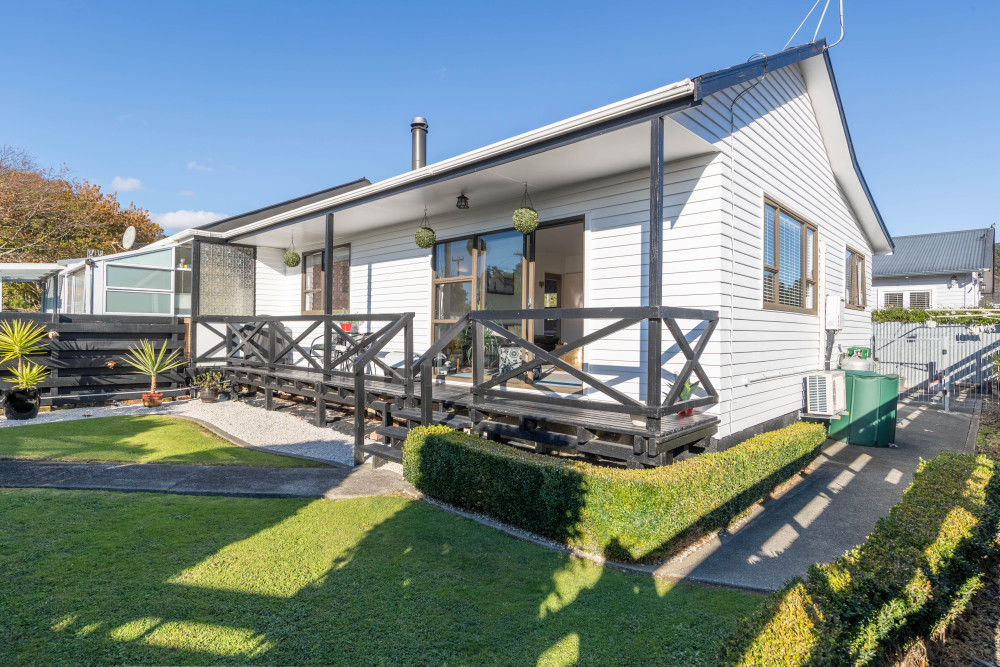Talking Real Estate
Whether selling or renting, there are so many things to consider. Here are some of them.
Hi folks,
I thought I would ask the question: Is it ever financially sound to hold onto a property that doesn’t reach the desired price rather than sell for less?
Agents often hear home owners say: “If I don’t get my price, I’m not selling.” There is no hard and fast rule and, of course, many people who are buying another property with the proceeds of the sale have little financial choice in the matter.
But how can those who have the borrowing power determine whether they might be better off renting the property out rather than selling? Naturally, it is important that they do their sums before making a decision.
If you find yourself thinking of the rent-and-hold option, consult an accountant or financial planner as well as a real estate agent. Find out whether the market is stable, climbing or falling so that you know whether there is a potential increase in capital gain worth holding out for. It is important to check out the rental and vacancy rates and the likely income including capital gain against the cost of any borrowing you need to incur.
Many people moving out of the area they have lived in for a while automatically think “I’m moving so I’m putting my house on the market.” But have they checked out the state of the market in their new area? It is possible that property won’t go up as fast in the new location as the old one. Or conversely it might go up faster. Is the future sufficiently hard to predict that it could it be safer to have a foot in both camps in case they want to return and not find themselves priced out of the market?
If you do the figures and decide it is a better financial choice to hold onto the property rather than sell, the last thing to take into account is whether the property is a good rental proposition. Often high maintenance properties (such as those with pools or large garden) have costs that have to be offset against income. Or the market may not pay the rent you think it should be worth if it is not the type of property normally in demand by typical tenants in the area.
It is clear that in many cases, holding onto a property instead of selling it does indeed pay off. Many people buy their first property with the long term strategy that they will never sell. They choose a property that will be suitable as a rental when they upgrade and go on borrowing and buying properties as a means of wealth creation. This does not require high income or great wealth – simply an understanding of the strategy and some good financial advice.

For every doer-uppper success there is an equal and opposite failure.
Hi Folks
Sometimes I have properties for sale that are most definitely “do-er uppers”, so I thought I would discuss the potential perils and advantages of buying such a home.
There is no doubt that some buyers are attracted to the clean slate potential of a property advertised as “renovators delight”. After all they get the layout, décor and colours they have always wanted and completely brand new. It’s also a way of getting into a preferred area at a lower price than normal. So is it really that easy?
While on the one hand stories abound about marriages breaking up over renovations and budgets blowing out, there is an equal number of stories about people who renovate and make money in the process when they resell. So what makes the difference?
Firstly the very ‘clean slate’ concept that often attracts buyers in the first place carries its own danger.
Home buyers who gut a house with the aim of getting it just how they want it need to do their research and be aware of the amount of money represented by the amount of reconstruction needed.
Research also needs to be done in the local marketplace to make sure that the amount spent on the property plus cost of renovations equals potential selling price if it were to be placed on the market now.
You often hear people say that if home owners hold onto a property long enough they will get the money back, but often this theory is simply allowing the costs to be absorbed into the capital gain that would have happened even if the property remained unimproved - as on average, most property doubles in value every seven to ten years.
Much of the uncertainty can be overcome by seeking advice from several expert sources before purchasing.
A builder can assess what a renovation project is likely to cost but a real estate agent’s advice should be sought about the potential selling price of the property once the work is done. If the prices being achieved in the street or suburb don’t justify the state of the art renovation, it should be pared back to something simpler and more in keeping with the local pricing. The best house in the street rarely sells for a price commensurate with the cost of getting it that way.
Before buying, would-be renovators should always get a builder, architect or engineer to have a look (there may be a fee for this but it’s worth it) and do a report on such things as roof, guttering, tiles, floors, walls, electricity and plumbing so that they will not be surprised by having to spend money on improvements that don’t really make the house look any different, or add equivalent re-sale value.

Hi folks, A while back I was marketing a home which was presented to the market in a great condition, the price seemed ridiculous given that you got 4 double…
Hi folks,
A while back I was marketing a home which was presented to the market in a great condition, the price seemed ridiculous given that you got 4 double bedrooms and an 843m2 section for a BEO of only $225,000. So what’s the catch? There is no catch but the property is for sale in a predominantly state housing street. This has raised a number of issues with prospective purchasers about possibly buying "the best house" in "not the best street" so I thought I would ask “Surely there can’t be too much wrong with buying the "best house" in the street?”
There is no "one-size-fits-all" answer to this question, but an exploration of what constitutes the "best house" will make purchasers more aware of what the pitfalls are.
Put simply, in terms of capital growth the best house in the street is not always the best investment, or the most likely to make the greatest capital gains by the time they want to sell.
When looking for a house to buy, most would-be buyers want a home that suits their needs, but the underlying rationale is nearly always re-sale value. And sometimes these two aims seem hard to reconcile. The big house with a stunning kitchen and a bedroom for each child, a rumpus room and an office may be near a busy road which makes the price competitive with the property that is much smaller but is walking distance to amenities and has an outlook over the park.
Which property suits the family better? For those looking at the immediate needs of their family, the house near the main road seems better, but for those looking at long term investment potential, such a property may impact negatively on the family’s finances and mean they are less likely to be able to afford the ideal house in the long run. Attributes related to the land (proximity to desirable amenities, size, use, aesthetics, absence of negatively impacting neighbours and just plain old area appeal) carry more weight in determining the value of most properties than the actual building on the land.
It is a real estate cliché that the best purchase in investment terms is actually the worst house in the street or area. This doesn’t necessarily mean the house is in bad condition (a big house in poor condition may be so expensive to renovate that it is a poor investment); it usually means that it is more modest than the properties that surround it – in other words, it’s not an expensive house on a cheap block of land but rather, an inexpensive house built on high value land.
Of course there are exceptions to every rule and many people opt for immediate lifestyle choices rather than long term capital gain. Buyers need to research the selling prices of a big enough sample of properties if they want to make an informed choice. Most savvy purchasers buy with location and capital gain as their main considerations, and use a combination of increasing values and equity to finance them into their ideal property at a later stage in their lives.

Those who choose to invest in the luxury end of the market are usually the first to be hit by any economic downturn.
Hi folks,
Over time I've had a couple of multi-unit properties to sell so thought this would be a good time to revisit rental investment.
What I find odd is that some property investors have difficulty buying a house or apartment they don’t ‘like’ even if it is a good sound investment.
Surprisingly, many investors make it harder for themselves than they need to by being unnecessarily emotional about their purchases. Many investors see their investment properties as an extension of their own home and indulge in the same feelings of pride of ownership. It is not uncommon for novice investors to turn down a property with terrific investment potential and strong rental demand just because they themselves couldn’t live in it. Some end up buying what they consider to be a nicer property, only to find that the tenants have different priorities and will choose more basic accommodation in order to be say, closer to amenities.
The strongest demand for both re-sale and rental is usually around the median price in any marketplace or location. Those who choose to invest in the luxury end of the market are usually the first to be hit by any economic downturn. Much of the luxury rental accommodation available is leased by corporations who, in poorer economic times, can no longer justify the cost of accommodating employees in high rent areas. And high income earners are unlikely to commit to large mortgages or rents in a climate of economic uncertainty with the possibility that salaries or job s could be under revision.
Median priced properties - those in what you could call middle range of the market - are not as badly affected and usually give their owners the best long term return. If they lose some demand from their usual occupiers because young people move back home or families scale down to smaller or cheaper accommodation, they pick up tenants or purchasers who can no longer afford the luxury markets.

Hi folks, Most experienced investors understand that $500 a week for 52 weeks a year means more money in their pocket than $550 a week with several weeks vacancy during the…
Hi folks,
Most experienced investors understand that $500 a week for 52 weeks a year means more money in their pocket than $550 a week with several weeks vacancy during the year. So if maximising income from rental property investment comes from keeping their properties occupied, why do some landlords charge such high rents that their tenants move on whenever they get the chance and new tenants are slow to move in?
It is a fact of life that some investors fail to see the big picture and only look at the money in their pocket ‘right now’. They are blind to the possibility of rent loss down the track and don’t see that they might create dissatisfied tenants who move on when they find a better value option, thereby creating a cycle of high turnover and increased vacancy. The problems don’t stop there. Investors whose properties are ‘good value’ get more inquiries and can afford to be more selective when deciding who will rent their property, while those asking over priced rents get fewer and less well-referenced applicants.
New investors can avoid a lot of common errors by making use of the expertise of their managing agent. Many novice investors don’t think of asking their managing agent’s advice until something goes wrong. Investors who do their homework and tell their agent up front what their needs are find it much easier to keep abreast of what’s happening and avoid confusion.

